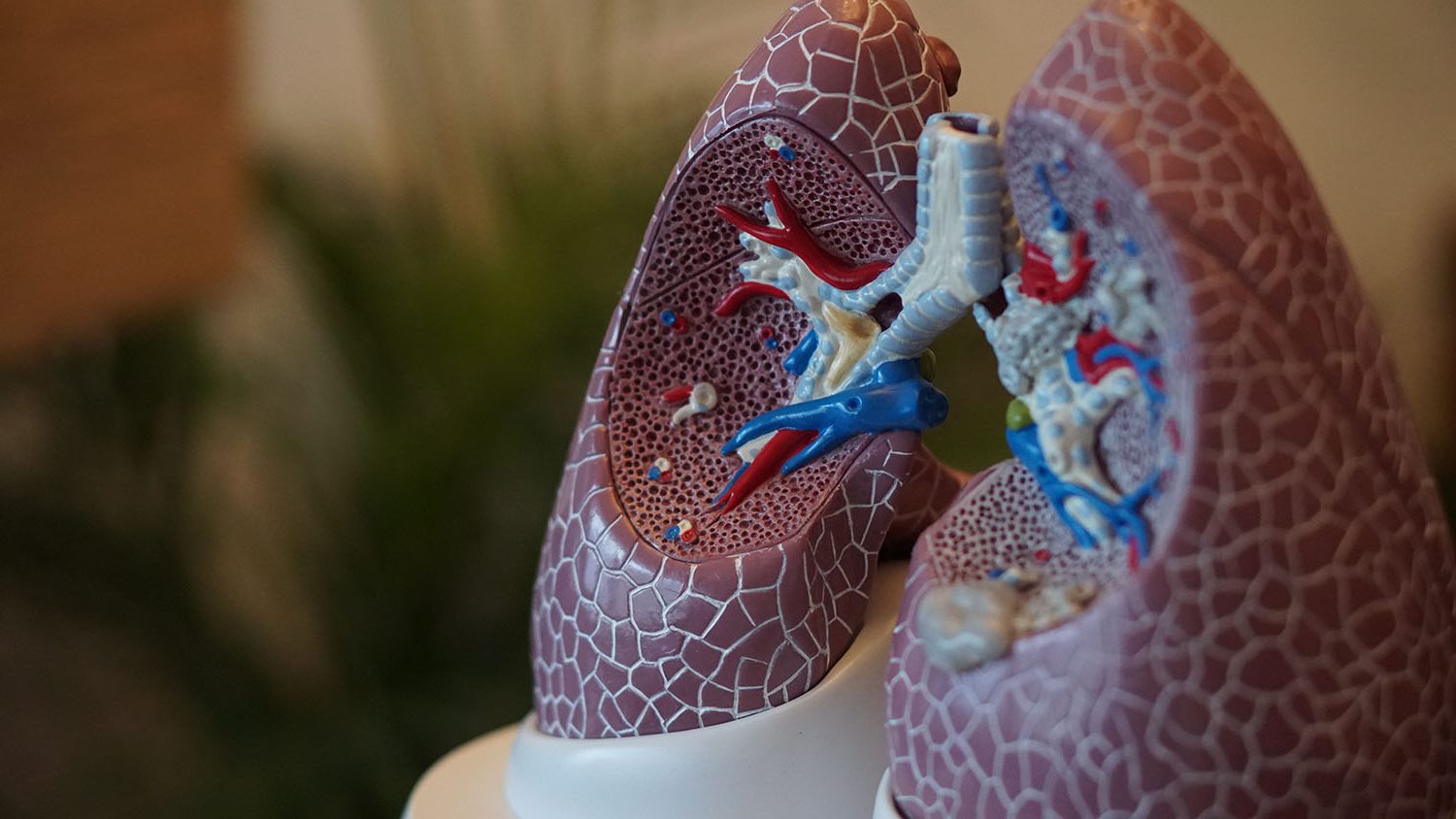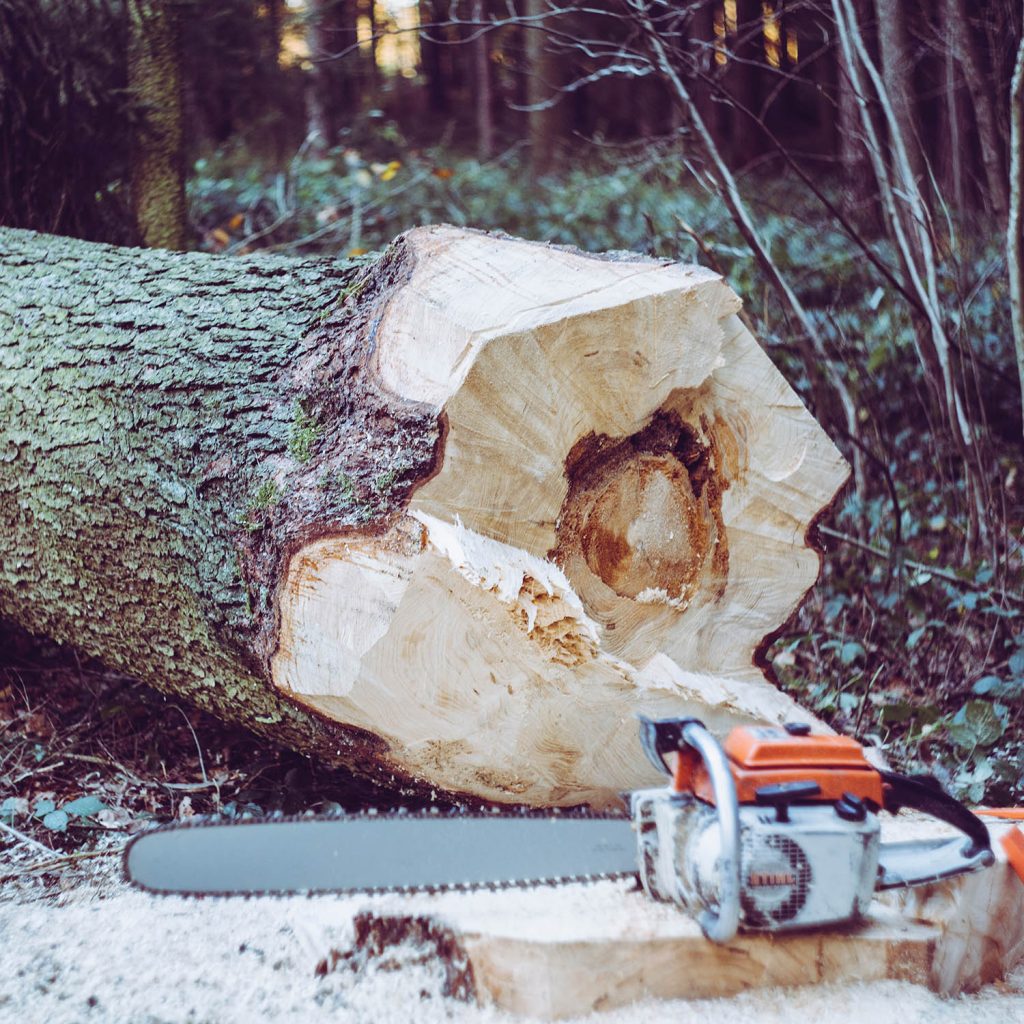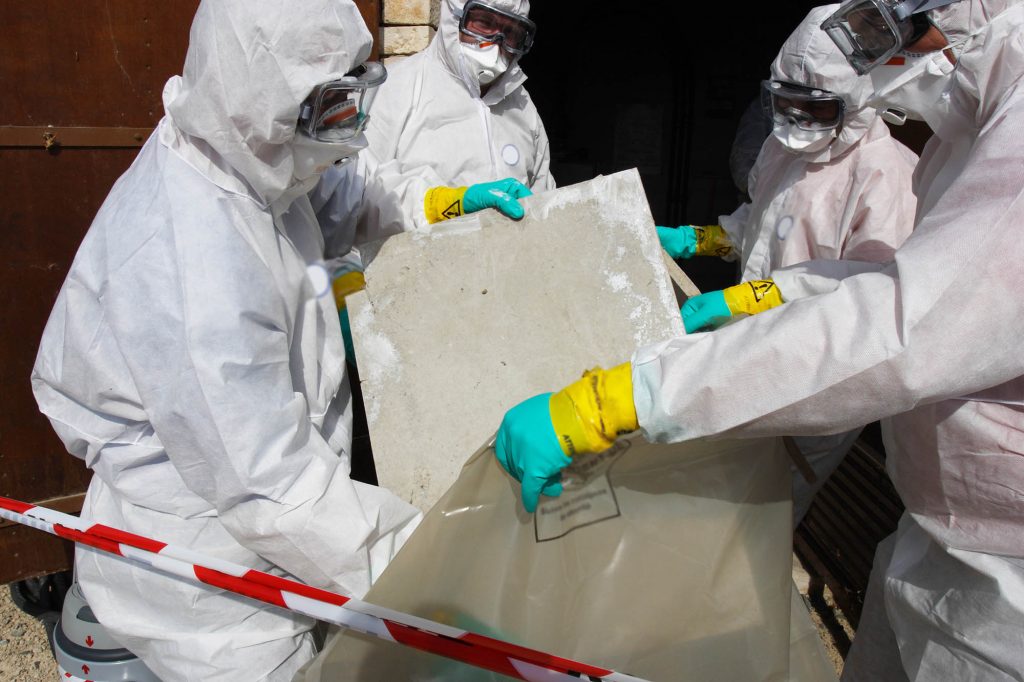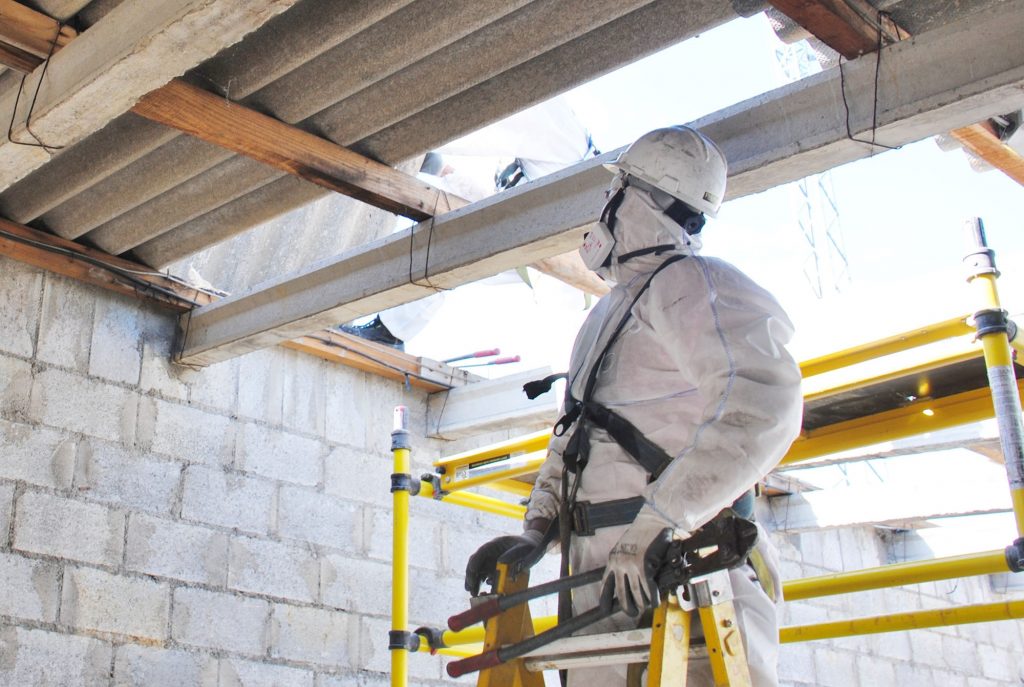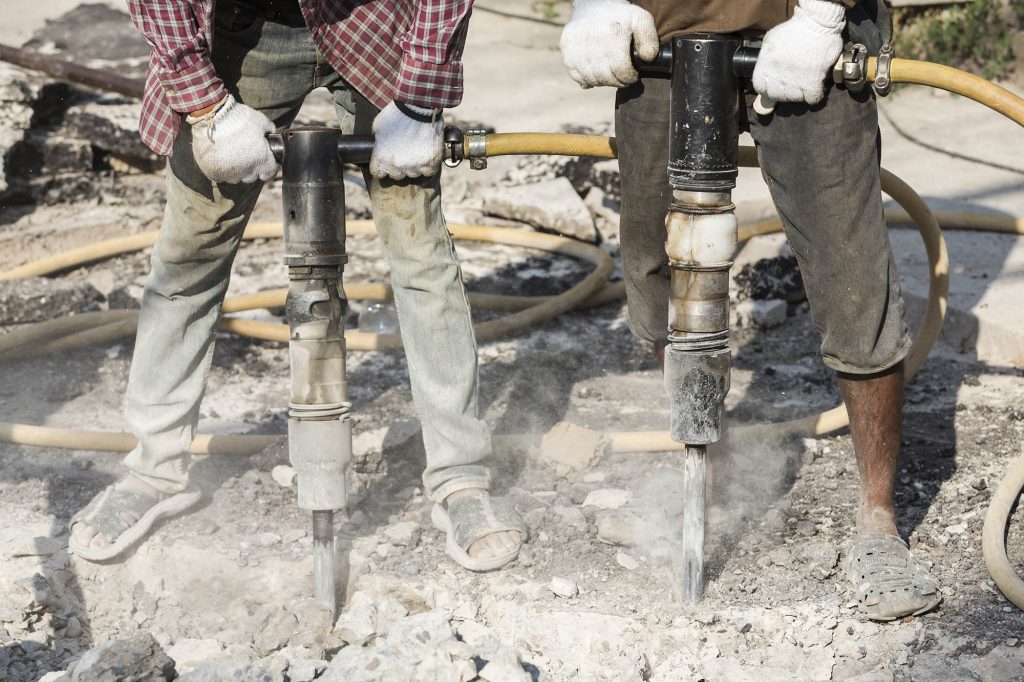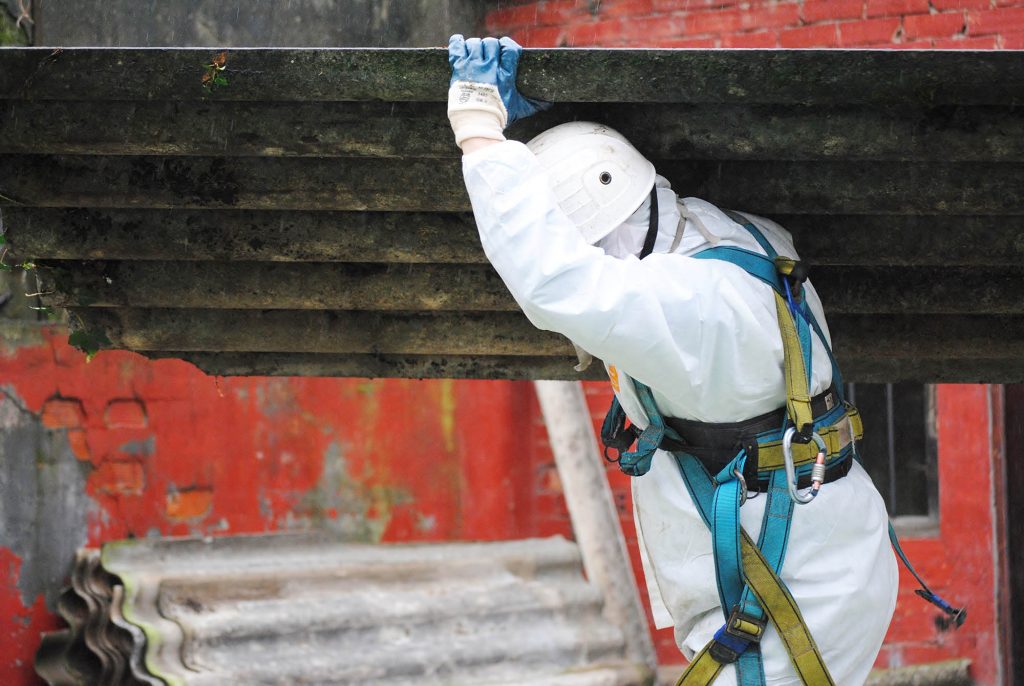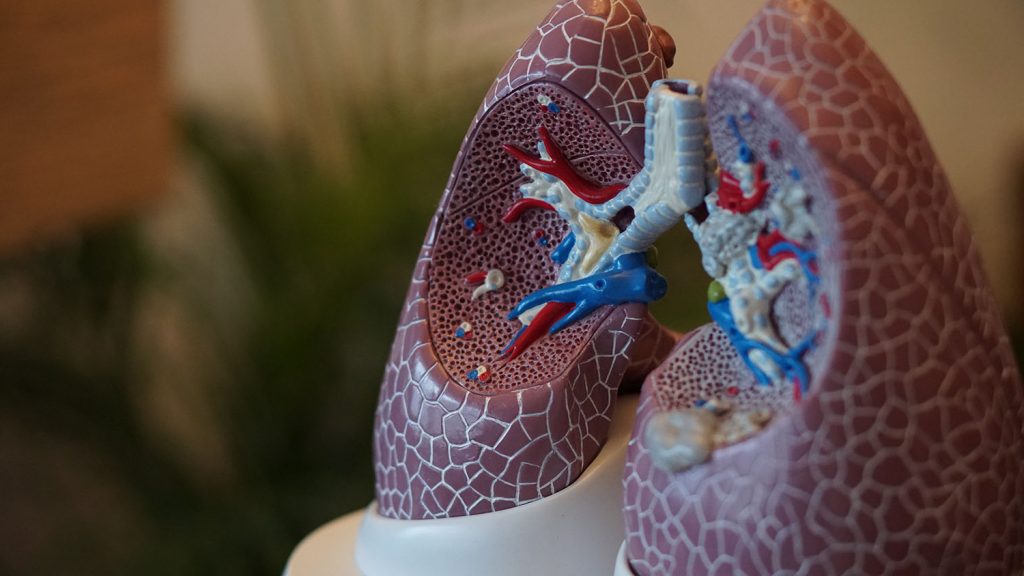Occupational Lung Disease — Claim Compensation for the Illness
If you’ve suffered from an occupational lung disease, and feel employer negligence is to blame, contact us today to claim compensation. Our experts provide a free claim assessment to help establish liability, all under no-obligation to yourself. Call 08082391859^ to start your no win, no fee claim.
Occupational Lung Disease in the UK
Occupational Lung Disease is perhaps the most prevalent cause of death and illness in workers during the last decades, with an estimated 12,000 deaths per year linked to exposure from past employment. These lung diseases can take years or even decades to materialise, which reflects poorly on industries like construction which used to handle asbestos without a clear indication of the risks. Fortunately, the number is projected to decrease because of an awareness of the scope of risks that cause lung disease, but it’s still a very clear burden to the UK’s workforce.
The 12,000 estimated deaths each year from occupational lung disease linked to the workplace isn’t entirely due to asbestos related illness. Chronic Obstructive Pulmonary Disease accounts for around a third of the total. Whereas Mesothelioma and Asbestos Related Lung Cancers, as well as Asbestosis, are in combination responsible for roughly 40% of deaths. A further 23% are due to lung cancers with no link to asbestos.
Whilst Mesothelioma deaths have been on the rise in recent year, deaths from Coal Worker’s Pneumoconiosis in the mining industry have gradually began falling in recent years. This is mostly because of a change in the industrial makeup of the UK as a whole.
Whilst mortality rates from occupational lung disease are high, not all of these diseases are fatal, but can have a substantial impact on the quality of life of those suffering from the illness. In the 2018/19 period, there were an estimated 18,000 new cases of breathing or lung problems developed in or aggravated by the workplace. Pneumoconiosis, Diffuse Pleural Thickening and Pleural Plaques, Occupational Asthma and Allergic Alveolitis are some of these types of lung disease with roots in workplace exposure. But even with all the research, there is clear underreporting, with workers perhaps unaware of the lung illness being attributable to the workplace.
Can I claim on behalf of a loved one who died from Lung Disease caused by exposure at work?
Unfortunately, with long-latency illnesses like Mesothelioma, eventually being made aware of the condition doesn’t always allow much time for people to get their affair’s in order, as they are rapidly fatal. We offer a friendly and empathetic service that helps loved ones seek justice, as well as financial compensation to help support the families of now deceased sufferers of occupational lung disease.
Even if it has been some time since the company responsible employed them, we can help track down and raise a claim with the organisation. In some cases, the employer has since ceased trading, but we have reached their insurers to claim compensation.
If you’re at the loss of a loved one because of work-related lung disease, call our helpline whenever it suits you. We have a 24/7 UK call centre with staff available to give expert guidance on your claim — call 08082391859^
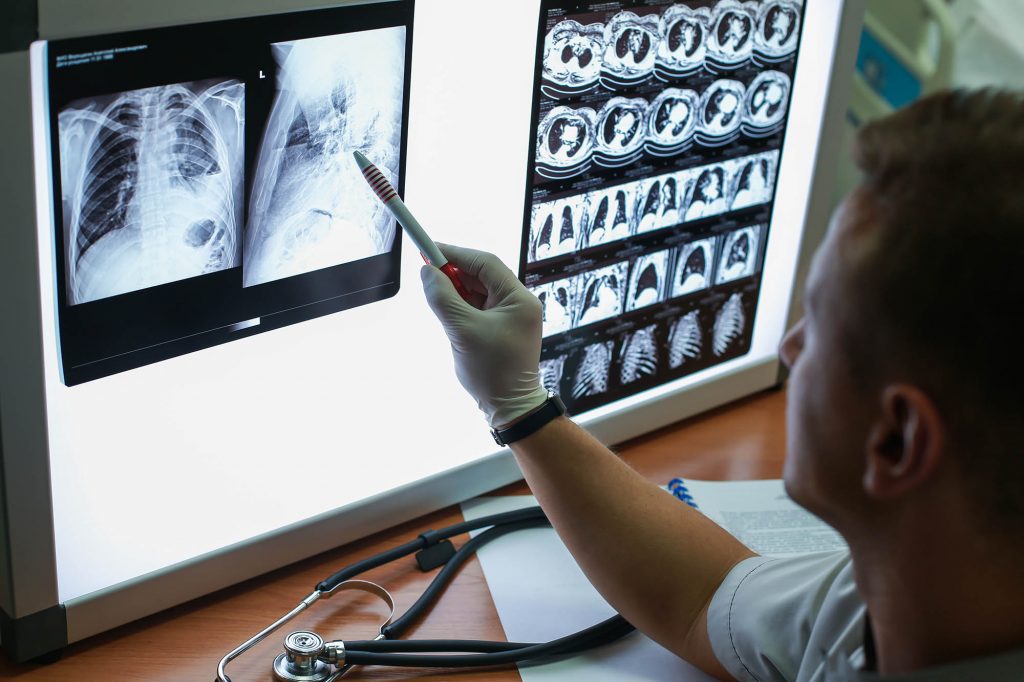
What is Occupational Lung Disease, how do you contract it and what does it do?
Occupational Lung Disease is the umbrella term for illnesses, conditions, or diseases that develop in the respiratory system of workers due to exposure, often to carcinogens or airborne material, in a work environment. These Lung Diseases can manifest quickly, or over many years. Whilst hey can often be fatal, other lung diseases sometimes manifest as breathing problems. Some of the more common types of Occupational Lung Disease are:
- Mesothelioma
- Chronic Obstructive Pulmonary Disease (or COPD)
- Lung Cancer
- Asbestosis
- Silicosis
- Pneumoconiosis
- Diffuse Pleural Thickening
- Pleural Plaques
- Allergic Alveolitis
- Byssinosis
- Occupational Asthma
If you’ve suffered from any of these and feel your workplace is responsible, get in touch with our team for a free claim assessment and specialist compensation guidance. We’re on 08082391859^ 24/7.

What are the main causes of Work-related Lung Illnesses and what industries are typically linked to them?
With lung cancers like mesothelioma being developed from past exposure to asbestos, or different carcinogens or radiation, others lung diseases can be caused by breathing in materials that go airborne during, for example, manufacturing or construction practices. Some reported factors (excluding asbestos), and frequency of them, that workers linked to developing or worsening of their illness were:
- Inhaled chemicals from spray-painting (typical in vehicle repair and construction) or foam products — 13% of cases
- Inhaled particles of flour, grain, cereal, straw or animal feed (typical in agriculture, food processing and food services) — 7%
- Airborne materials from soldering, welding, cutting, or grinding metals (often seen in manufacturing) — 10%
- Inhaled dusts from concrete, brick, stone, and cement (in construction, mining and quarrying) — 20%
- Work environments that were uncomfortable due to hot or cold temperatures, were damp, wet or too dry (which could be linked to gas, steam and air conditioning industries, or water supply, sewerage and waste management) — 20%
Whatever the cause or wherever you worked, if you’ve developed a breathing or lung condition because of employer negligence or unsafe work practices, speak to our team. Our workplace illness specialists will help you find out if and how much compensation you might be entitled to on 08082391859^
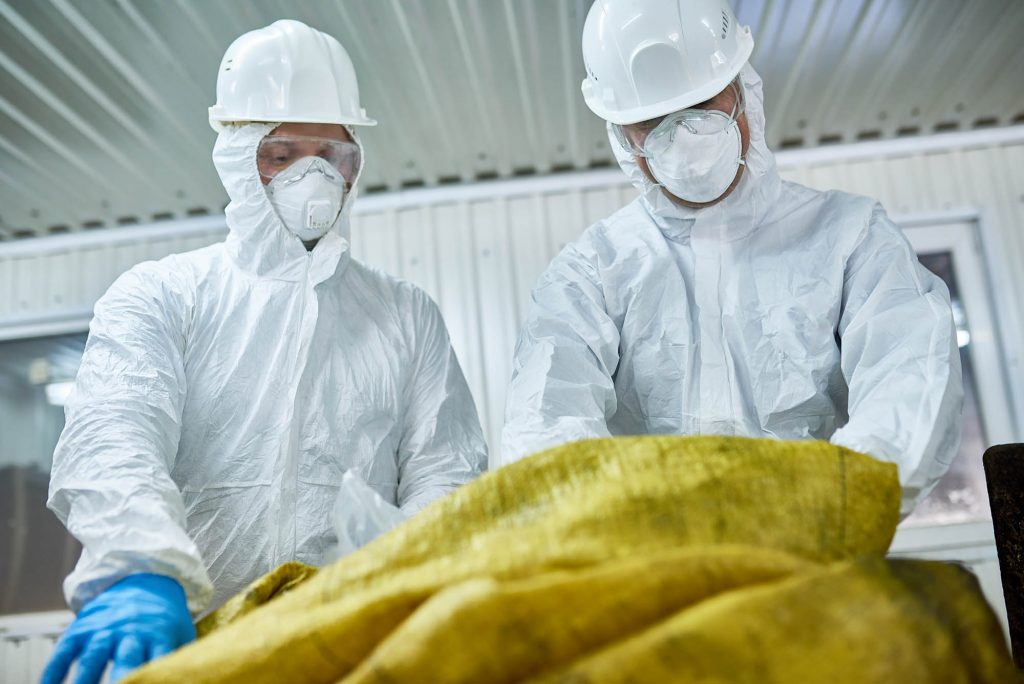
What can be done to reduce or prevent work-related illness in the form of Lung Disease?
The three main methods of protection against exposure or inhalation of unsafe chemicals and materials are: PPE, ventilation and preparedness. The HSE websites has detailed information on prevention in the workplace.
Naturally, personal protective equipment should be a given in mitigating or eliminating the breathing in of dangerous substances. This can vary though, based on workplace requirements, with welding for instance, the usage of a shielding mask is obvious, but protective breathing equipment against the fumes might not be. In some work practices, a simple air-filtering or pollution mask might not cut it.
Ventilation is another method of reducing unwanted inhalation. If fumes or dusts have nowhere to escape to, they will still be environmental hazards if workers remove protective equipment once completing tasks. A well-ventilated workplace helps mitigate lingering risks, as well as dampness or dryness that many workers claim to affect their ability to breath properly.
Preparedness — training and planning — are key, especially when dealing with dangerous substances like asbestos. Making sure staff have training in identifying and working with chemical or carcinogenic materials will likely afford them a longer life. It is important your employer helps to plan how their employees will deal with the causative risks that can develop lung disease, or any other illness at work, effectively before they become exposed to them.
If your employer has failed in their duty of care to you by avoiding their responsibility to your health, and it has caused you to become sick, speak to our team as soon as possible to instigate claiming compensation — 08082391859^
I’ve been diagnosed with a Lung Disease, am I likely to have a case to claim compensation?
In theory, most of the situations described or reported have clear links to workplace exposure, for which an employer can be held accountable. However, in a number of cases it might be difficult for claimants to know that the workplace is directly responsible, with some parties citing smoking as the reason for the illness. It is always best to get a thorough medical examination to home-in on what damage has been done to the lungs, and what might have influenced it.
Then, speaking to our team, recall the type of industry and environment you worked in and how it became a detriment to your health. The more information you tell us, the clearer the factors resulting in your ill-health become. Speak to our team as soon as you become aware of any symptoms, as the normal 3-year period of limitation is often from the discovery of a condition, rather than the events leading to it. We’re on 08082391859^ whenever you’re available.
What advantages do I have if I claim Occupational Lung Disease compensation with Workplace Injury Claims?
- We have a team of technical qualifiers who can assess your claim for free. If they feel you have a case, we bring your claim to one of our panel solicitors — that way you don’t run up any legal fees by just asking questions.
- Our telephony team is open 24hrs a day, but you can leave them a message with our contact form, and they’ll get back to you within a few working days.
- Our panel of workplace illness solicitors can work on a no win, no fee* basis, meaning again, you’re not drumming up expensive legal fees by claiming for your ill health.
- The Workplace Injury Claims team covers the whole of the UK, and you’ll be assigned to a panel solicitor depending on if you’re in England and Wales, or Scotland.
- We have a UK call centre, based in Manchester, and come from all walks of life.
- We have helped thousands of sick employees claim compensation.
- Not only that, but we fight for the maximum compensation for your occupational illness, because ultimately your job is to make the company successful, and they should at least ensure your health and well-being in exchange.
- When we calculate your claim amount, we factor in loss of earnings, general expenses and any ongoing costs incurred by your condition, so that you get the highest level of compensation due to you.
- We’re friendly, empathetic and here to help you however we can.

Get in touch with our solicitors** today to find if and how much compensation you could claim.
If you’re suffering from an occupational lung disease because of your workplace, and your employer is at fault, get in touch today. Call our helpline on 08082391859^ to start your claim — we’re here to help.


